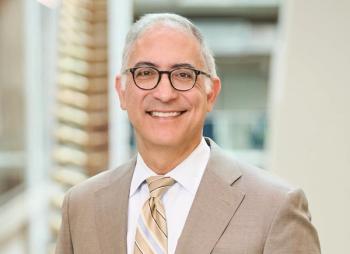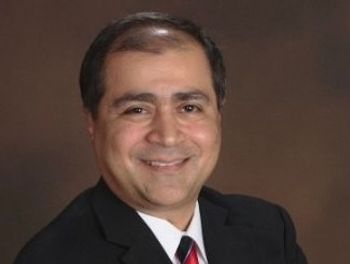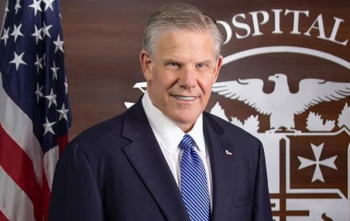
COVID-19 pandemic worsened disparities in healthcare: Survey
Roughly two out of three people of color said they canceled or delayed healthcare services during the pandemic, the report said.
Doctors and analysts have said the COVID-19 pandemic is illustrating the inequity of healthcare access, but a new report indicates the crisis is exacerbating those disparities.
The report,
Among key findings, the report found half (50%) of all consumers said they canceled or delayed healthcare services since the pandemic began.
In addition, roughly 2 out of 3 (64%) of Black, Indigenous and people of color postponed or canceled healthcare services during the pandemic.
Valerie Montgomery Rice, president and CEO of the Morehouse School of Medicine, said, “The survey results are clear: COVID-19 has widened the chasm.”
“This should further our resolve to address and eliminate health disparities in underserved, improving access to and the quality of care, as well as continuing to diversify the clinician workforce,” she said in a statement.
The majority of those who delayed care or treatment said it was due to COVID-19, but some said they delayed visits due to access issues, including a lack of transportation, which was a particular problem for Black respondents and members of other minority groups. Others pointed to an inability to take time off work or to find child care.
Some have issues accessing healthcare due to geography or lack of transportation.
The report found more than one in five (23%) said it took 30 minutes or longer to reach a hospital or emergency department, while 40% said they were a half-hour or more from their pediatrician’s office.
Most consumers surveyed (65%) said they were going to pursue more affordable healthcare options, including generic prescriptions and over-the-counter drugs.
Telehealth
The report found favorable marks for telehealth, with 58% of respondents saying they are likely to utilize virtual visits with their doctor or healthcare provider after the pandemic ends. And 75% of doctors surveyed said they plan to continue virtual conversations even after the pandemic ends.
But access to telehealth is uneven, the survey found.
Roughly one in three doctors (36%) said most of their patients are from households with low-income and lacked the computer or wi-fi to easily access telehealth. Nearly half (49%) of pharmacists said most of their patients can’t utilize telehealth services easily.
The survey found high interest in telehealth from Black and Latino participants. The report stated 66% of both Black and Latino respondents said they intended to use telehealth more often, compared to 58% of white participants.
Mental health
Mental health issues rose during the pandemic, with most doctors surveyed (84%) reporting an increase in new diagnoses of mental health conditions. Even though nearly half of all doctors said they saw a drop in routine visits, more than half (59%) said they saw an increase in visits for mental health consultations.
Most doctors (65%) said patients who had already been previously diagnosed with mental health conditions demonstrated worsening symptoms.
Women, patients with lower incomes, and Hispanic patients were more likely to experience anxiety and depression, the study found. Black patients were more likely to be suffering from hypertension.
Other surveys have indicated people have delayed treatment or had difficulty affording prescription drugs during the pandemic.
Nearly half of all Americans said they struggled to pay for healthcare costs over the past year, according to a








































